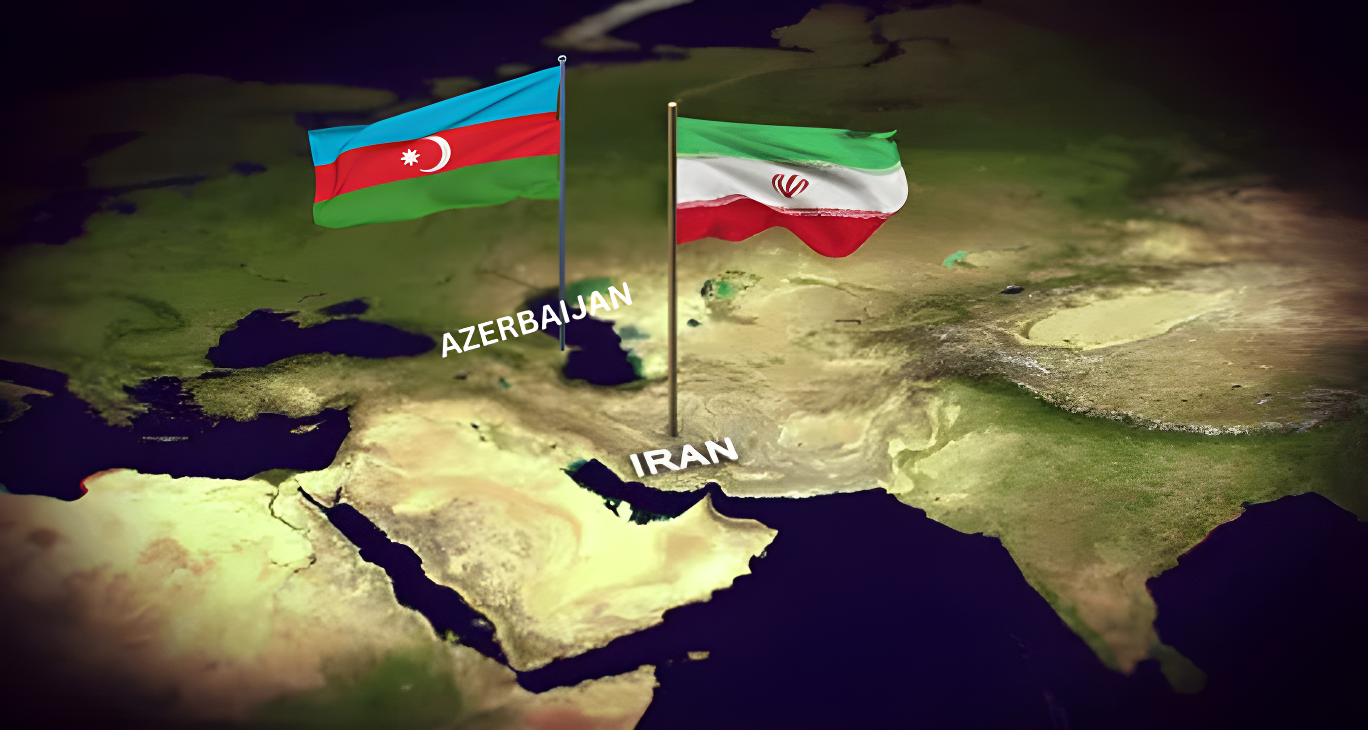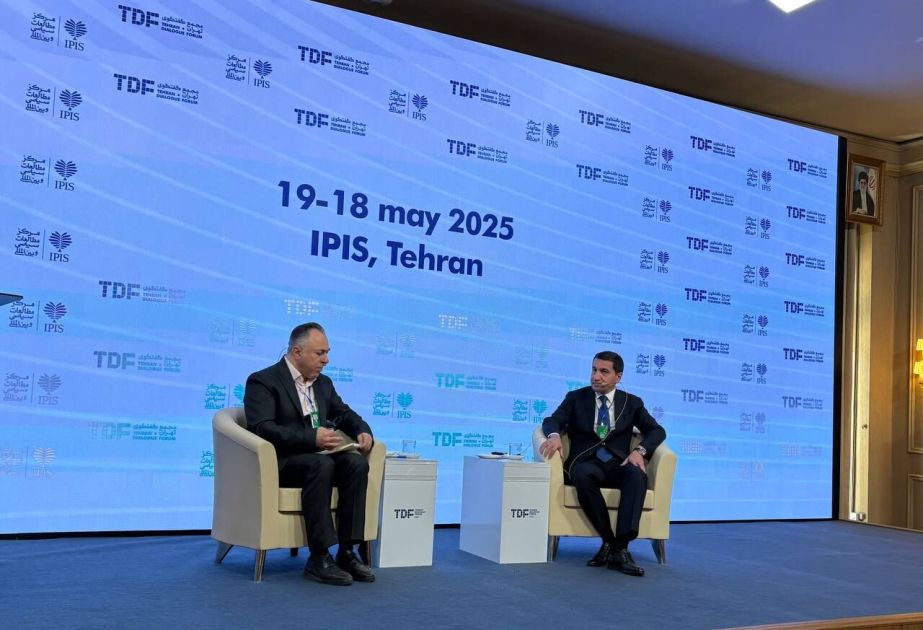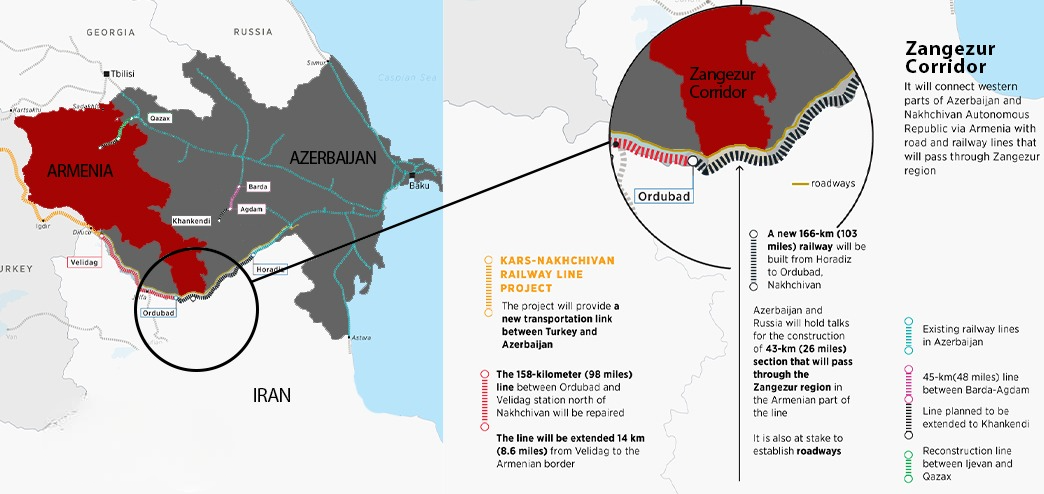Azerbaijan, Iran shift gears as regional self-determination gains ground

Azerbaijan-Iran relations have long been a complex mix of proximity, partnership, and political divergence. From moments of diplomatic frost to pragmatic cooperation, the two neighbors have navigated their relationship with a cautious eye on regional balance. Yet recent developments—including high-level exchanges and renewed diplomatic language—suggest a turning point that could lead to more structured and enduring cooperation.
At the Tehran Dialogue Forum, where regional leaders and policymakers gathered to address shared security and development goals, Azerbaijan was represented by senior presidential officials, including top foreign policy advisor Hikmat Hajiyev. Speaking at a panel session, Azerbaijani representatives outlined Baku’s commitment to regional ownership of local challenges, underlining cooperation formats such as the 3+3 platform and the significance of multilateral organizations like the Economic Cooperation Organization (ECO) and the Organization of Islamic Cooperation (OIC).

In this setting, Azerbaijan emphasized its geopolitical role as a connector in Eurasia—bridging Central Asia, the South Caucasus, and beyond. “We should not allow anyone to create an order for us; we must think about prosperity and development ourselves,” was the message articulated during the panel, in reference to regional self-determination and the need to resist geopolitical manipulation.
One of the key pillars of this evolving relationship is economic connectivity. Azerbaijan has long promoted strategic infrastructure projects, including the North-South International Transport Corridor, as a way to deepen trade flows from the Persian Gulf to Northern Europe via Iran and Russia. At the same time, the Zangazur Corridor, intended to link mainland Azerbaijan with its Nakhchivan exclave through Armenia, also holds broader regional importance—something that Iran, due to its geographic proximity and economic interests, is increasingly attentive to. Despite certain institutions' attempts to disorient this idea, it seems like Tehran is getting more indulgent of the idea. Apparently, the Zangazur corridor project is planned to be completed within the next 3 to 4 years, according to Turkish Minister of Transport and Infrastructure Abdulkadir Uraloğlu. The State Agency of Azerbaijan Automobile Roads have reported in April that 93% of the construction of the Horadiz–Jabrayil–Zangilan–Aghband highway, part of the Zangazur Corridor. So, the completion of the project is just a matter of time, and not only will countries in the region benefit, but also nations outside the region.

Speaking separately to Iran's Tasnim News Agency, the Assistant to the President of Azerbaijan, Hikmat Hajiyev, noted that relations between the two countries have entered “a new stage of development,” citing the official visit of Iranian President Masoud Pezeshkian to Azerbaijan and direct talks between the two presidents as a major breakthrough. “These discussions gave a new impetus, a new breath to the development of Iranian-Azerbaijani relations,” he said, adding that both sides are now tasked with advancing the relationship to a more strategic level.
Cultural and religious affinity remains a quiet but consistent component of bilateral ties. Azerbaijan reiterated its support for Islamic solidarity within multilateral platforms such as the OIC, particularly in addressing global issues like the Palestinian question. In line with its broader foreign policy approach, Baku reaffirmed its support for a two-state solution based on UN resolutions and international law, balancing its ties with the Islamic world while maintaining strategic relations with non-Muslim partners.
Beyond bilateral diplomacy, Azerbaijan’s engagement with Iran reflects a broader recalibration of its regional outlook. Officials highlighted the transformation of the post-war South Caucasus, stressing that the old security architecture based on occupation and conflict has been replaced by a new order centred on peace and connectivity. The removal of military aggression from the regional agenda, they noted, has created a unique opportunity to build lasting peace with Armenia, provided constitutional claims to Azerbaijani territories are dropped.
Underlying all of this is a broader concern: that external actors are once again manoeuvring to exploit regional vulnerabilities. Azerbaijani officials warned against foreign interference and urged that regional issues be solved by regional countries themselves—a sentiment that resonates with Tehran as well.
What emerges from this flurry of diplomatic engagement is a clear indication that Baku and Tehran are seeking more predictability in their relationship. Whether through energy, infrastructure, or regional security dialogue, both countries appear increasingly invested in shaping their shared neighbourhood on their own terms.
Here we are to serve you with news right now. It does not cost much, but worth your attention.
Choose to support open, independent, quality journalism and subscribe on a monthly basis.
By subscribing to our online newspaper, you can have full digital access to all news, analysis, and much more.
You can also follow AzerNEWS on Twitter @AzerNewsAz or Facebook @AzerNewsNewspaper
Thank you!

